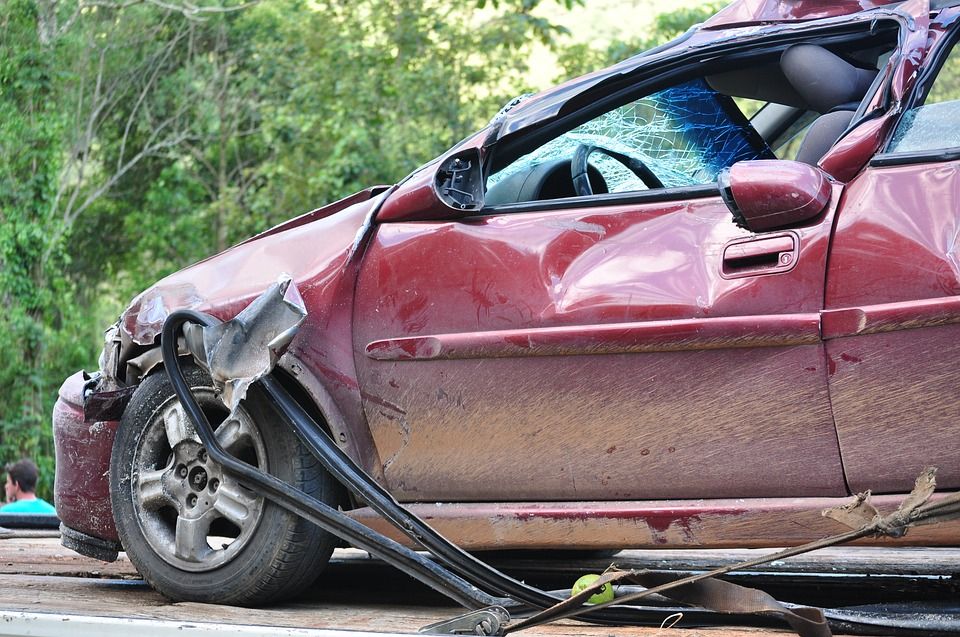The number of traffic fatalities and injuries in Denmark declined last year compared to 2016, according to new figures from the Danish road directorate, Vejdirektoratet.
In 2017, 183 people were killed on the Danish roads, down from 211 in 2016. the transportation and housing minister, Ole Birk Olesen, is pleased about the downturn.
“It’s positive that we’ve seen a decrease in the number of people killed and injured in traffic in 2017 during a time when we are experiencing more traffic on the roads. However, I am working to further reduce those figures,” said Olesen.
“One of the primary reasons for traffic accidents is inattention and in that connection I will propose a new law that will tighten the rules for the use of hand-held communication devices, so that it will lead to a ‘klip’ on the driver’s licence if they use them while driving.”
Olesen also commented that the use of new technological equipment in trucks and cars could be another way to further decrease accidents.
READ MORE: Cycling like a Copenhagener can save lives, study shows
120 by 2020
The decline last year was in particular influenced by a drastic fall in motorcycle accidents and accidents involving cyclists and pedestrians. There was actually a slight rise in the number of people killed in accidents involving cars.
Last year, 3,097 people sustained injuries while in traffic, down from 3,228 from 2016.
The traffic safety commission, Færdselssikkerhedskommissionen, has a goal of a maximum of 120 traffic fatalities per year by 2020.














